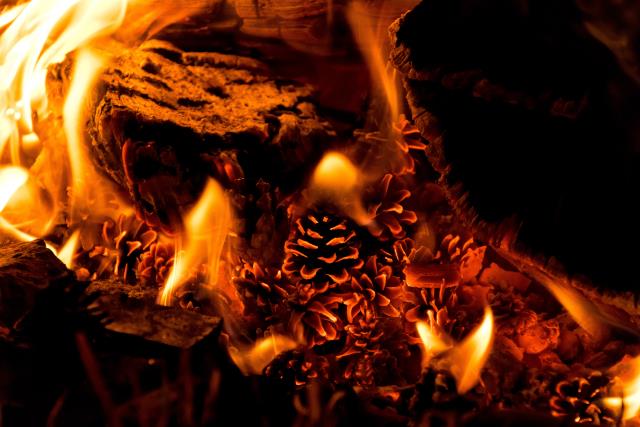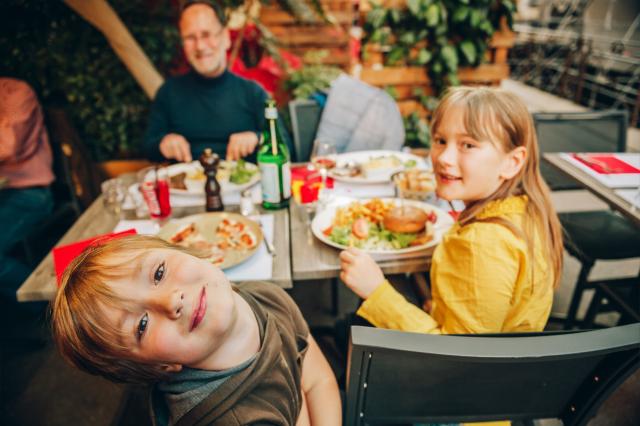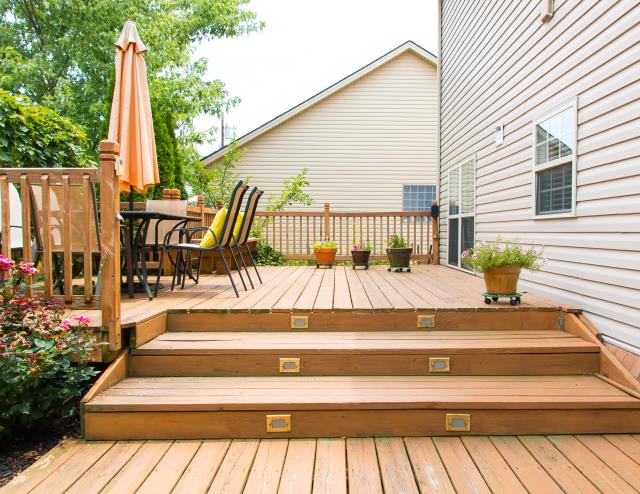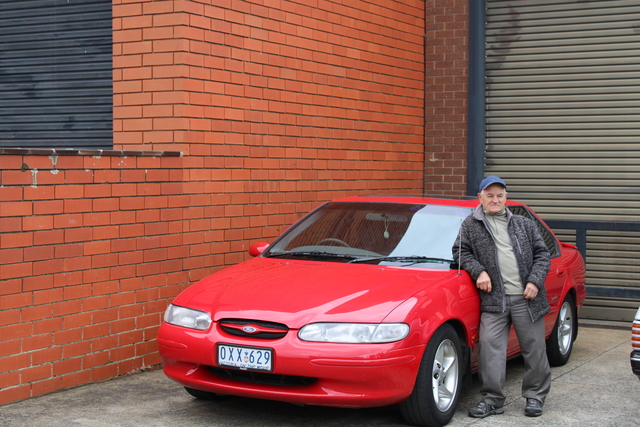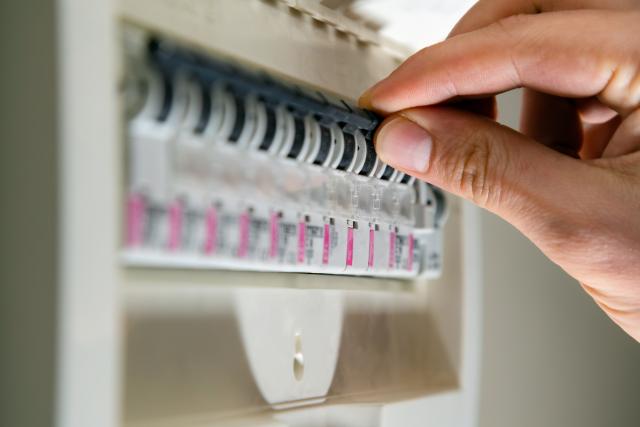As the cold weather sets in across the state and Brimbank residents switch on their heaters to combat the chill, firefighters are urging people to be aware of the fire risks inside their home.
Data from Fire Rescue Victoria (FRV) and Country Fire Authority (CFA) reveals autumn and winter are the highest risk periods for residential fires in Victoria, due in part to the increased use of home heating.
CFA chief officer Jason Heffernan said home heating includes open fires, wood heaters, fixed electrical or gas-powered appliances, and portable electrical, gas, or kerosene heaters.
“More than 70 per cent of fatal house fires start in bedrooms or lounge rooms,” Mr Heffernan said.
“Many of these fires are found to be caused by heating systems, appliances, and equipment.
“Remember to never leave portable heaters and fireplaces unattended and turn off heaters before leaving the room.
“Ensure fireplace embers are extinguished before leaving your house or going to bed.
“Ideally, gas heaters should be professionally serviced every two years.”
On average, Victoria’s fire services respond to more than 3000 house fires across the state each year, and many could be prevented by taking simple precautions, the fire services said.
FRV deputy commissioner Michelle Young said while the dangers of fire are very real, there is a lot you can do to protect yourself, your family and your home.
“Poorly maintained gas fires can cause deadly carbon monoxide poisoning and we have seen tragic consequences of this in the past,” she said.
“There should be no greater reason to have your gas heater inspected and serviced than to ensure the safety of loved ones.
“Another dangerous, yet common mistake people make is drying clothes too close to heaters and fireplaces. Clothes should be kept at least one metre from the heat source.
“Every household should consider their fire safety practices and work to reduce the potential risks around their home, particularly when winter hits.”
When it comes to home heating, FRV and CFA recommends:
• Home heating, including flues and chimneys, are regularly cleaned and serviced by a certified technician;
• All heating devices are switched off or extinguished before leaving home or going to sleep;
• Drying clothes and other items must be kept at least one metre away from all heating;
• Children must be supervised near all types of heating. Maintain a safe distance between children and heating;
• For portable heating appliances choose models that have automatic safety switches that turn the heater off if tipped over;
• Keep portable electric heaters away from wet areas to avoid the possibility of electric shock; and
• Brick chimneys and gas heaters should be checked before winter to prevent fires and carbon monoxide poisoning.

